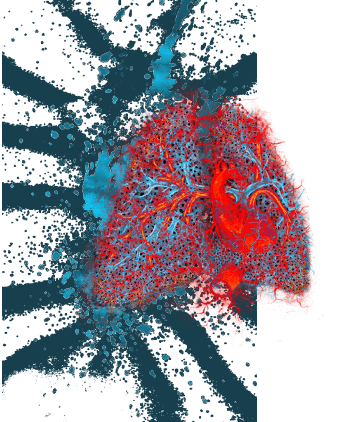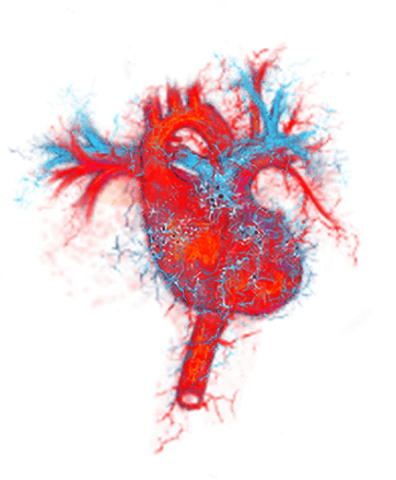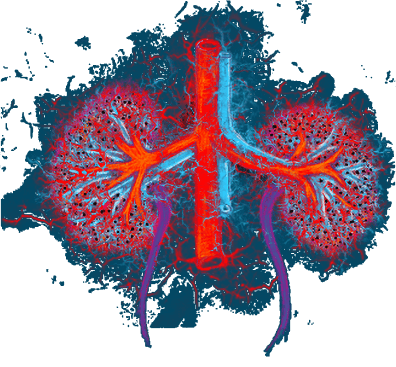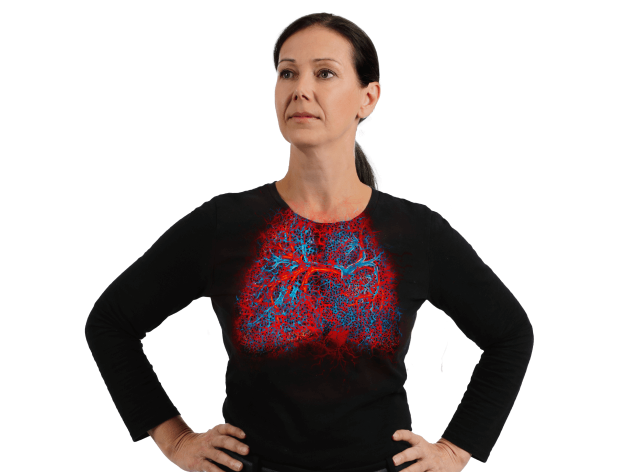What is AAV?
ANCA-associated vasculitis (AAV) encompasses a group of rare autoimmune diseases that can cause a variety of debilitating symptoms in those affected.1 It is estimated that AAV affects 148 per million population in Australia,* however, the rarity and complexity of AAV means that it may take months or even years to reach a diagnosis.2–5
*Based on a study conducted within the Australian Capital Territory and surrounding South Eastern New South Wales between 2000-2004.5
What causes AAV?
The biological mechanisms underpinning AAV are not entirely known, but research points to genetics and environmental factors as well as microbial infections and medication.6,7
In AAV, autoantibodies called ANCAs are found at elevated levels.8 They activate neutrophils in the immune system leading to vascular damage and tissue swelling with various symptoms and presentations.8,9 This can affect any part of the body, including the lungs, kidneys, nervous system, gastrointestinal system, skin, eyes, and heart, with symptoms dependant on the organ involved.7
Who is at risk?
AAV can affect anyone in all stages of life.4

Symptoms of AAV may include:4,10
- Fatigue
- Fever
- Unexplained weight loss
- Joint and muscle pain
- Chronic inflammation in the nose and sinuses which may develop crusts
- Shortness of breath
- Asthma that does not respond to initial medications
- Changes in your vision or hearing
Symptoms of AAV can be multiple, variable and hard to predict.4,10 It is common that people present with many different symptoms. Because all of these symptoms are general and not specific for AAV, a blood test known as an ANCA test is often used to confirm a diagnosis.10
Will AAV symptoms progress?
AAV can be a progressive disease which means that the damage can gradually become more severe over a period of time.6,11
When there is no detectable disease activity this is called remission. When there is no active disease it is unlikely disease-related damage will occur.12
From time to time the disease can reoccur, this is known as a flare. Often this is reoccurrence of the symptoms you may have experienced before. During these times it is possible for damage to occur13 and this is why it is important to be in contact with your treating physician and team as soon as possible.
The goal of treatment is maintain the disease in remission. Over time, your disease may respond to treatment and your doctor will discuss with you approaches to reduce the amount of treatment you receive.
Overall, the goal will be to no longer require treatment and have your disease remain in remission.

The diagnosis of AAV is challenging because symptoms are so varied.
If patients believe they have AAV but are yet to be diagnosed, being aware of the potential symptoms and discussing them with a doctor to see whether it will speed up diagnosis will be helpful. Patients should not need to feel embarrassed discussing their health issues with a doctor as even the smallest of symptoms can be very useful in helping them to understand your disease.
A successful diagnosis of AAV requires a very careful and systematic approach.1 Doctors will perform a combination of tests and consider the patient’s medical before diagnosing AAV.2,3
Tests for AAV may include:2,3
- Blood tests for ANCA, inflammatory markers and kidney function
- Biopsy
- Urine tests
- Imaging procedures
Following diagnosis, some patients may experience a long period of frustration and anxiety, while other patients may experience relief that the disease has been identified.4
When treatment begins, patients may experience a period of some confusion, uncertainty, fear, and fatigue. Some may also experience distress and isolation during the initial intensive treatment period. However, there may also be relief that action is being taken.4,5

Treatment
The initial goal of treatment is to achieve remission to get the disease under control by using a combination of therapies. This is known as induction of remission.1
Long-established treatment options rely upon suppressing the immune system. It is common that a number of medications are used to suppress the immune system in different ways.
Your doctor will discuss with you different approaches and what you should expect.
Some of these approaches may require an infusion into your vein and others will be regular medication taken by mouth.
How can I take an active role in my treatment?
Actively monitoring AAV between clinic visits can help patients better understand their disease and help spot the signs of any possible relapses.
Some patients keep a diary to track their symptoms.
Use the Action Plan checklist below to help reduce the impact of AAV on your everyday life:2





